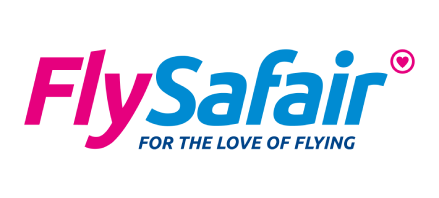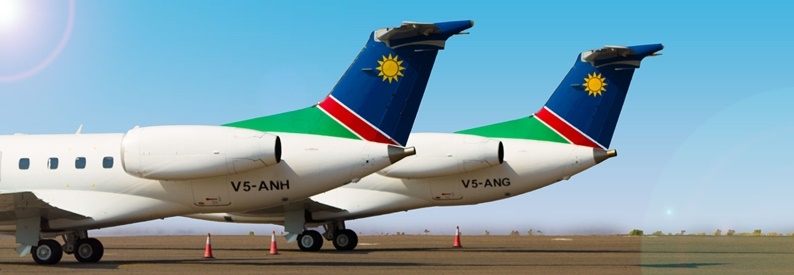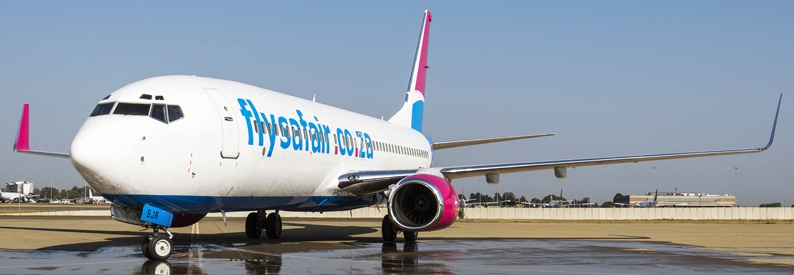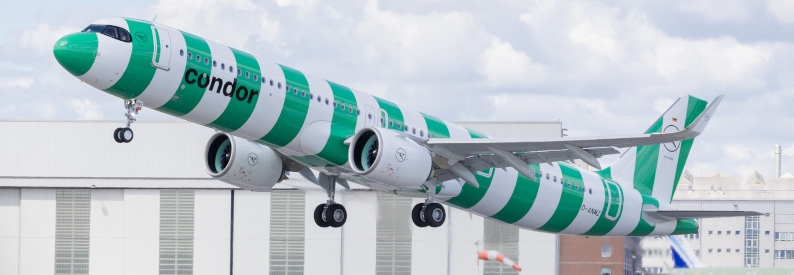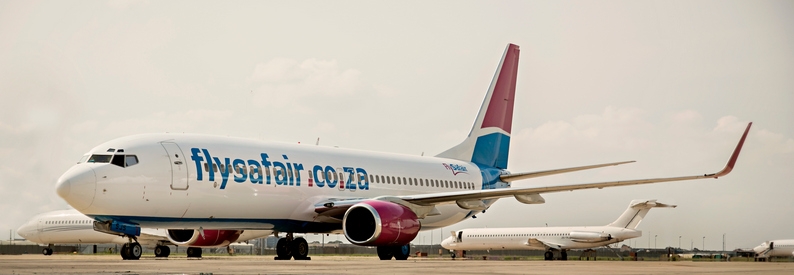South Africa's transport minister, Barbara Creecy, deems it premature to grant FlySafair (FA, Johannesburg O.R. Tambo) an exemption from disputed legal provisions, which require the airline to maintain at least 75% South African ownership.
A statement the Department of Transport (DOT) issued on January 16 said the minister had received legal advice to await a decision by the country's Air Services Licencing Council, which is still reviewing oral submissions made at a meeting on January 14 by FlySafair and complainant Global Aviation Operations (which operates rival Lift Airlines). The minister instructed the DOT, which oversees the licencing council, to seek further legal advice from senior counsel regarding the exemption request, considering ongoing regulatory processes.
The minister had informed FlySafair CEO Elmar Conradie accordingly, following a January 9 letter from the airline asking for ministerial exception from complying with the disputed provisions of the Air Services Licencing Act while it seeks clarification in the South African High Court on the interpretation of ownership provisions in the law.
"It is not certain that the council will cancel SAFAIR's [sic] licence, as it must notify the airline of its final decision. Under Section 25 of the Air Service Licensing Act, SAFAIR has the right to appeal the council's decision to the High Court. Legal advice is expected in due course, and due process will continue," the statement read.
Asked for comment, FlySafair said: "We acknowledge the statement and thank the minister for her attention on the matter. We await further advice from the relevant parties".
FlySafair disputes the council's interpretation of the law that 75% of voting rights must be held by South African citizens who are residents of the country, meaning natural persons as a juristic entity cannot have citizenship. Central to the dispute is that South African trusts and companies hold 75% of FlySafair's shares; so, on the council's interpretation, the airline is not compliant with the law. The council concluded that ultimate control of FlySafair was held by its parent company in Ireland (ASL Aviation Holdings) and, ultimately, in Belgium.
FlySafair disputes this interpretation, claiming it would render most South Africa airlines non-compliant. It asserts that the council's reasoning and conclusions are incorrect, based on misconceptions, factual errors, misinterpretation of the law, and lack of legal expertise.
The airline faces a similar challenge from Global Aviation and Airlink (South Africa) before the International Air Services Licencing Council, which also found FlySafair to be non-compliant. The airline won a court interdict which requires the regulator to meet with it on January 20 before imposing punitive action.
